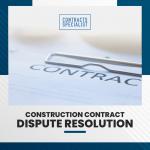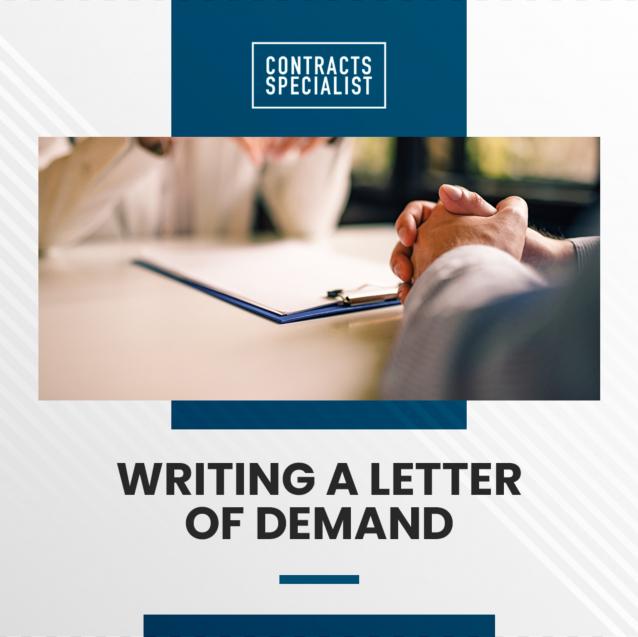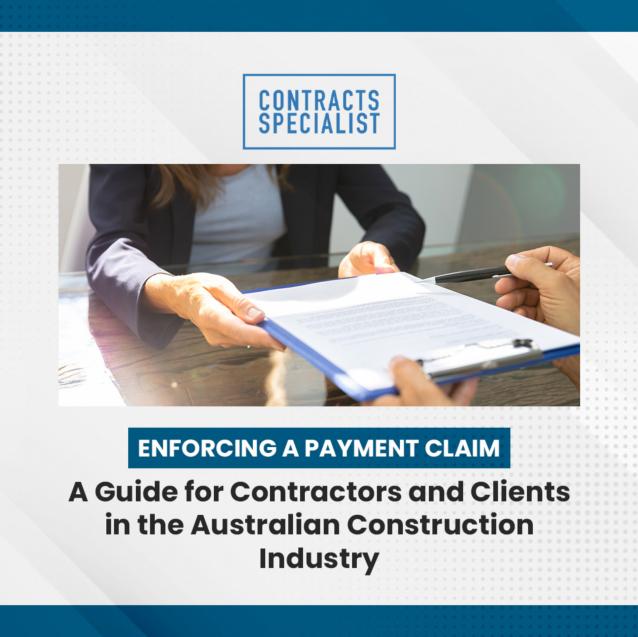
Construction Contract Disputes Resolution
By Contracts Specialist|October 26, 2022
With the right lawyer, you can avoid construction nightmares.
Major Causes of Construction Contract Disputes
Contracts embody the rights and obligations of each party, hence should always be clear, so as to avoid confusion. By signing a contract that has first been carefully checked by a legal professional, you’ll lessen the probability of potential disputes. A thoroughly reviewed contract also ensures that both parties have clarity on what they agree to do or not do. Having your contract reviewed will also help you avoid costly legal fees, should there be any confusion about any clause.
The major reason for contract disputes? One could argue it's actually very easily preventable: making sure every word counts! Unfortunately, sometimes we miss things because our eyes zoom across those pages looking at something else entirely - which leads us into believing something was said when really nothing was.
Types of Disputes in the Construction Industry
contract can definitely result in conflict. Use of alternative and cheap construction supplies can cause building problems for a long period of time.
This also includes the errors in design, building defects, and poor building maintenance.
There are two types of differing site conditions:
Type 1: Site conditions which are highly unusual in nature and unforeseeable
Subsurface.
Type 2: Site conditions that differ “materially” from those “indicated” in the
contract.
Get expert legal advice from a construction lawyer
Anxious about your construction contract? Contracts Specialist can assist you by reviewing your residential construction contract, and pointing out the parts that may be problematic, and that may benefit from further negotiation prior to signing.
Major Causes of Construction Contract Disputes
Contracts embody the rights and obligations of each party, hence should always be clear, so as to avoid confusion. By signing a contract that has first been carefully checked by a legal professional, you’ll lessen the probability of potential disputes. A thoroughly reviewed contract also ensures that both parties have clarity on what they agree to do or not do. Having your contract reviewed will also help you avoid costly legal fees, should there be any confusion about any clause.
The major reason for contract disputes? One could argue it's actually very easily preventable: making sure every word counts! Unfortunately, sometimes we miss things because our eyes zoom across those pages looking at something else entirely - which leads us into believing something was said when really nothing was.
Types of Disputes in the Construction Industry
- Cost Overruns
- Poor Builder Workmanship
- Use of Inferior Materials
contract can definitely result in conflict. Use of alternative and cheap construction supplies can cause building problems for a long period of time.
This also includes the errors in design, building defects, and poor building maintenance.
- General Contract Errors
- Differing Site Conditions
There are two types of differing site conditions:
Type 1: Site conditions which are highly unusual in nature and unforeseeable
Subsurface.
Type 2: Site conditions that differ “materially” from those “indicated” in the
contract.
Get expert legal advice from a construction lawyer
Anxious about your construction contract? Contracts Specialist can assist you by reviewing your residential construction contract, and pointing out the parts that may be problematic, and that may benefit from further negotiation prior to signing.



